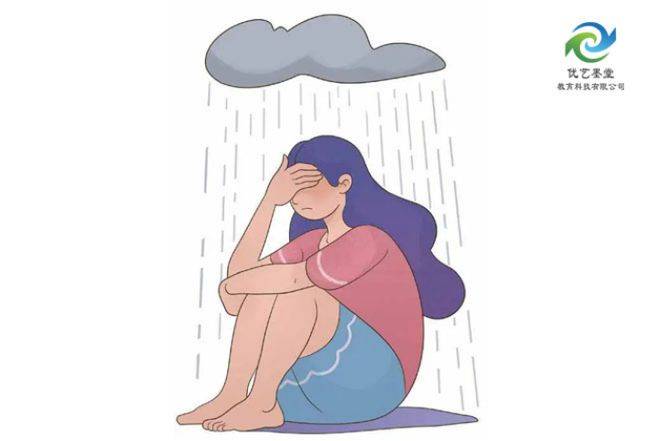The State Administration for Industry and Commerce has verified its existence.
Youth Depression and Anxiety: Reasons and Strategies Not to Be Ignored
In today’s society, the issue of youth depression and anxiety is becoming increasingly prominent, posing an important obstacle to the healthy growth of young people. Depression and anxiety not only have a serious impact on the mental health of young people but may also affect their academic performance, relationships, and future development. Therefore, delving into the reasons for youth depression and anxiety and seeking effective strategies is particularly important.
I. The Current Situation of Youth Depression and Anxiety
In recent years, with the intensification of social competition and the acceleration of life pace, young people are facing increasing psychological pressure. Depression and anxiety, as two common mental health problems, are on the rise among young people. According to multiple research data, youth depression and anxiety issues have become a global public health challenge.
II. Causes of Youth Depression and Anxiety
1. Academic Pressure
In the current educational environment, young people are under immense academic pressure. From entrance exams to daily study tasks, each one could be the last straw that breaks their mental resilience. Excessive academic burden not only consumes young people’s time and energy but may also lead to self-doubt and fear about the future.
2. Family Environment
Family plays a crucial role in the upbringing of young people, and the family environment has a profound impact on their mental health. Discordant family atmosphere, parents’ high expectations, lack of effective communication and understanding could all be triggers for youth depression and anxiety. Moreover, economic pressure in the family, parental divorce, and other disruptions can add extra psychological burden on young people.
3. Social Pressure
Youth are in a period of strong social needs, where they yearn for acceptance and recognition from their peers. However, the social pressures in real life often leave them feeling lost. While the prevalence of online social interactions has expanded their social circles, it also brings about comparisons, competition, and exclusion in the virtual world, all of which could lead to youth experiencing depressive and anxious emotions.
4. Physiological Factors
The adolescent period is marked by rapid physical and psychological development, with fluctuating hormone levels that could result in emotional instability. Additionally, some genetic factors may make young people more prone to experiencing mental health issues like depression and anxiety.
III. Strategies to Address Youth Depression and Anxiety
1. Reduce Academic Pressure
Educational authorities and schools should pay attention to the mental health of young people, set reasonable curricula and homework loads, and avoid excessive pursuit of scores and academic performance rates. Simultaneously, engaging in a variety of extracurricular activities provides young people more opportunities to develop personal interests and strengths, thus alleviating the psychological burden from academic pressure.
2. Enhance Family Environment
Parents should adopt proper educational concepts, focus on their children’s mental health, and establish good communication channels with them. Creating a harmonious and democratic atmosphere at home, encouraging children to express their emotions and thoughts, and providing them with adequate love and support are essential.
3. Strengthen Mental Health Education
Schools and society should enhance mental health education for young people, improve their psychological resilience and self-regulation abilities. By offering mental health courses, organizing mental health seminars, young people can learn to understand and manage their emotions, as well as effectively cope with stress and setbacks.
4. Provide Professional Psychological Support
For young people experiencing depressive and anxious conditions, timely professional psychological support should be provided. Schools can establish counseling rooms staffed with professional counselors to deliver prompt and effective psychological interventions to those in need. Furthermore, encouraging parents and the community to pay attention to the mental health issues of young people can help create a social environment that cares for the psychological well-being of young people.
IV. Conclusion
The seriousness of youth depression and anxiety issues cannot be underestimated, as they are vital to the healthy growth of young people and the future of our nation. To address this issue, we need to combine efforts from various sectors such as education, family, and society to create a healthy and harmonious environment for young people to grow. Only by doing so can we effectively prevent and reduce the occurrence of youth depression and anxiety, allowing them to grow healthily under the sun and embrace a bright future.


